New Research Centers and Programs Boost Endless Possibilities
The College of Arts and Sciences strengthened multiple foundations in 2024 with the launch of five new research centers and creative activity units, a reboot for an existing center, and a new strategic support structure for interdisciplinary programs. These initiatives support endless new opportunities for students and faculty and sharpen the college’s focus as an institution on the rise.
The centers offer faculty and students exciting new paths for research and collaboration.
“A primary objective of this initiative is to elevate reputational excellence and recognition in strategic areas of longstanding and emerging strength,” said Associate Dean for Research and Creative Activity Michael Blum. “A complementary objective is to strengthen communities of investigators pursuing collaborative pursuits. At the same time, this initiative is intended to elevate the pursuit of external funding for research and creative activities.”
The recently launched Consortium on Social and Cultural Inquiry (CoSCI, pronounced “co-see”) gives the college’s interdisciplinary programs the support of an administrative home structure. These programs allow students new ways to merge interests and add minors that build diverse, forward-thinking skill sets.
“The 11 unique programs that constitute CoSCI are at the vanguard of social and cultural studies at UT, connected by a shared investment in interdisciplinary study and critical inquiry,” said Professor Patrick Grzanka, divisional dean for social sciences who also oversees CoSCI. “The faculty in these programs help their students develop the skills to ask the big questions and solve the important problems that cannot be answered or solved by a single discipline alone.”
New Research Paths
Collaborative for Animal Behavior (CoLAB)
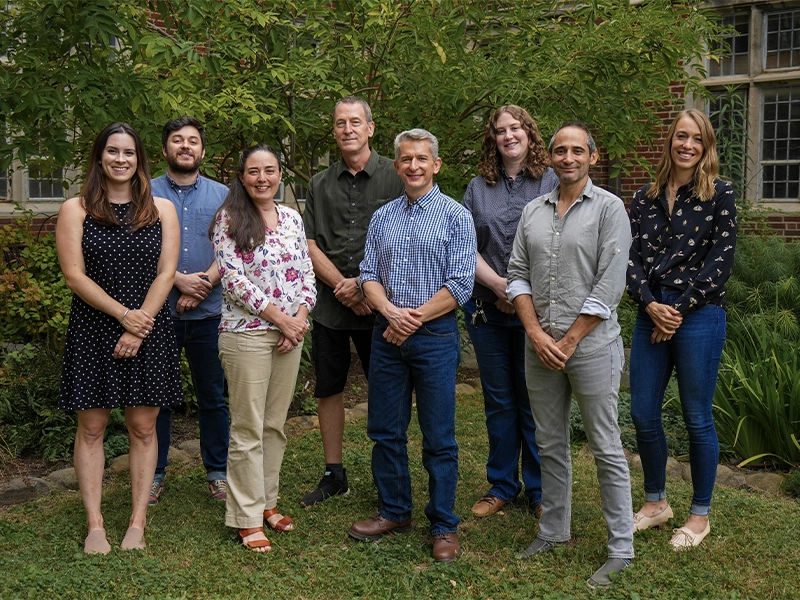
CoLAB is a pioneering research center dedicated to understanding the complexities of animal behavior in a rapidly changing world. This new center within the UT College of Arts and Sciences brings together scholars from diverse fields to address critical challenges at the intersection of animal behavior, environmental change, and human influence. Professor Elizabeth Derryberry, Department of Ecology and Evolutionary Biology, directs the center. Faculty members from multiple fields bring a holistic approach to explore and better understand animal behavior.
Read more about animal behavior.
Institute for Climate and Community Resilience (ICCR)
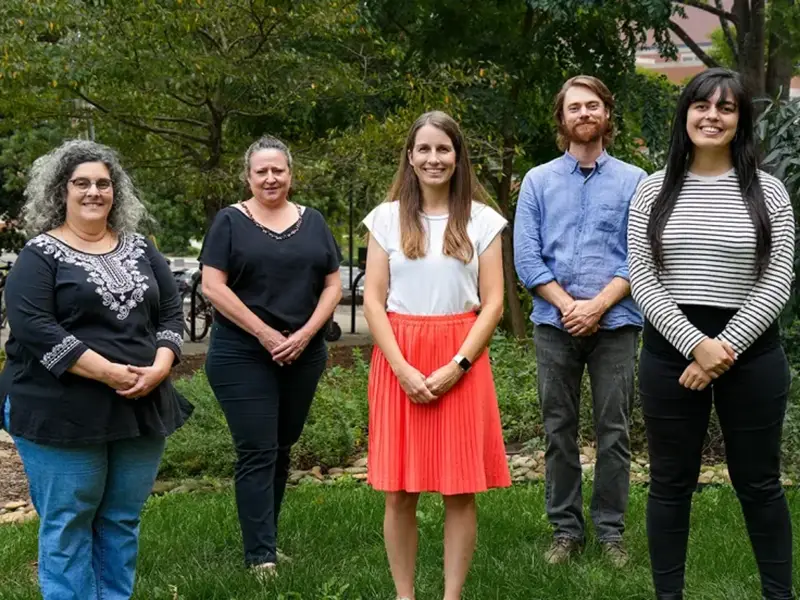
This center builds on the skills and expertise of faculty across campus to advance climate science and create equitable solutions for climate risks that span from regional Appalachian concerns to global communities. It is UT’s and the region’s first large-scale, organized, and interdisciplinary climate research institute. Associate Professor Kelsey Ellis, Department of Geography and Sustainability, directs the institute with leadership support from colleagues in her department plus earth and planetary sciences, social work, and biosystems engineering and soil science.
Read more about climate and community resilience.
Center for Planetary Science and Exploration (CPSE)
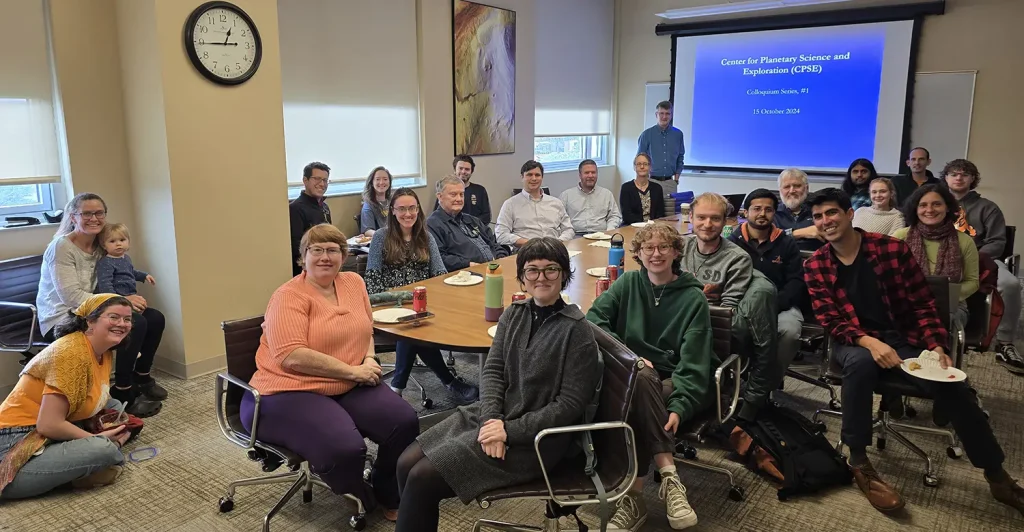
This center launched into orbit this summer to bring opportunities for faculty and students to engage in new areas of collaboration related to planetary science and exploration. Professor Jeffrey Moersch, from the Department of Earth, Environmental, and Planetary Sciences, directs the center with support from faculty colleagues including Associate Professor Nick Dygert, who oversees the Tennessee Space Grant Consortium. The center facilitates communication among its members to encourage creative new ideas for research projects and looks to bridge gaps between disciplines by encouraging members to learn about potentially relevant cross-campus research capabilities. They will also make connections to promote research across the broader community.
Read more about planetary science and exploration.
Consortium for the Study of Black Families and Children (CSBFC)
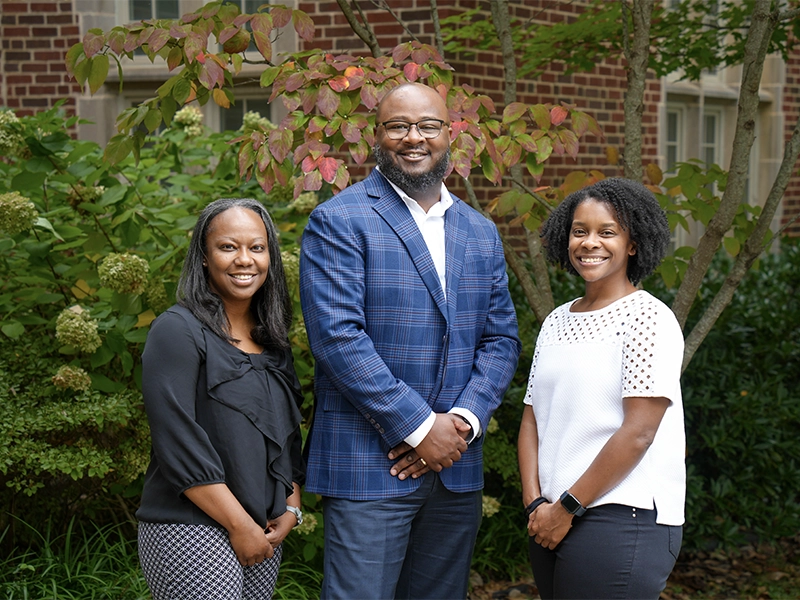
This consortium brings together a community of UT scholars to address ways that structural racism manifests in the daily lives of Black Americans—both nationally and locally. Their work will inform colleagues, students, and the community on issues of economic inequality, health disparities, and children’s well-being. The consortium is led by Associate Professor Deadric Williams, Department of Sociology, in collaboration with Associate Professor Jennifer Bolden and Assistant Professor Jasmine Coleman, both of the Department of Psychology, and in partnership with colleagues in the Department of Social Work and the College of Education, Health, and Human Services.
Read more about studies for Black families and children.
Community of Scholars for Advancing Teaching Excellence (CATE)
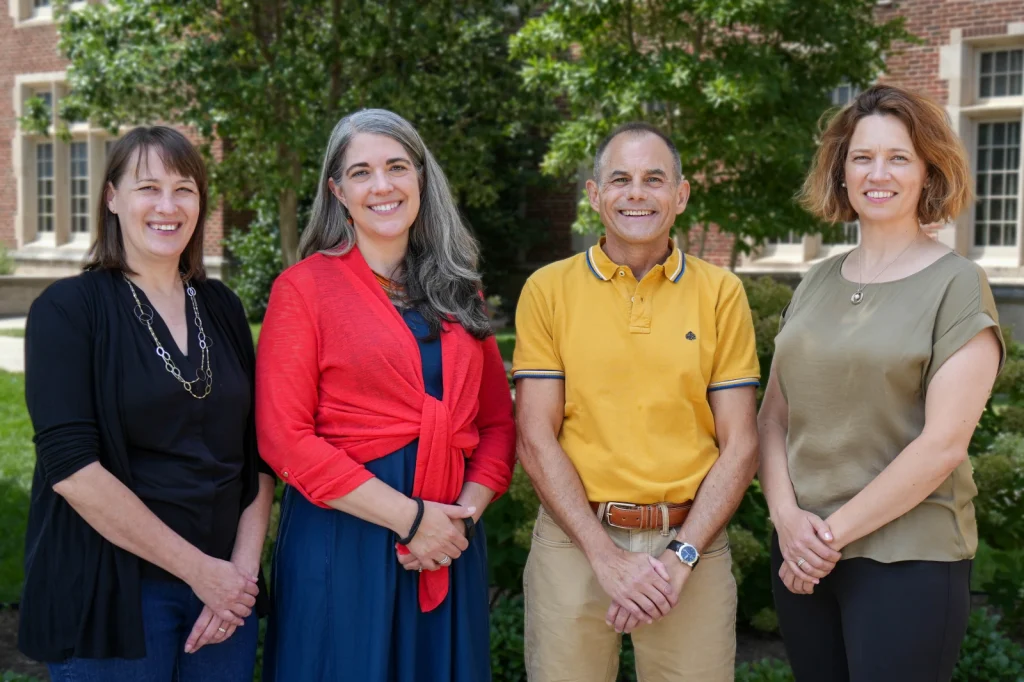
The CATE initiative aims to promote the advancement of teaching excellence across the college with a particular focus on introductory courses. Over two years, faculty involved with CATE will build community and develop resources and guidance on teaching excellence through topical workshops, seminars offered by visiting scholars, and through broader engagement of faculty, staff, and students in feedback. Ecology and Evolutionary Biology Professor Elizabeth Schussler is leading this community of scholars.
Read more about teaching excellence.
Center for the Dynamics of Social Complexity (DySOC) and Computational Social Science Program
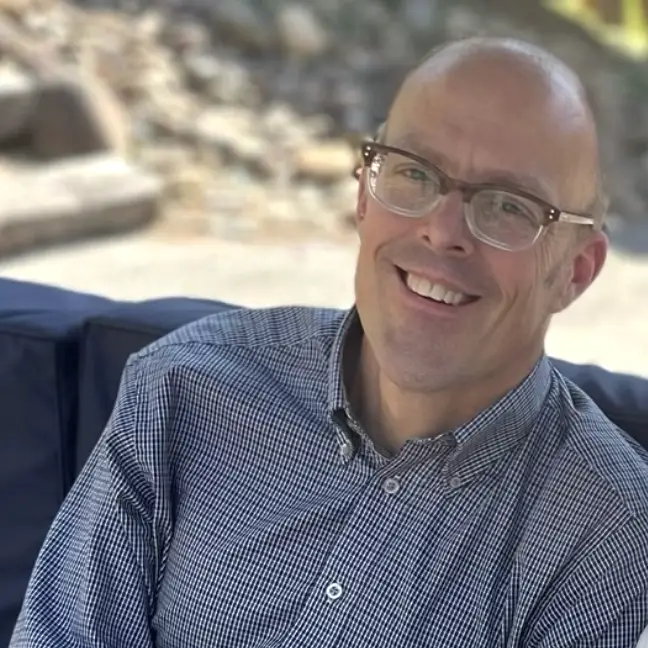
DySOC brings together researchers from across disciplines to investigate the origins, evolution, and futures of human social complexity. Their research focuses on human behaviors and social interactions that underlie the pursuit of transformational discovery in past and present societies. Research topics include cultural evolution, science and society issues, and learning—inquiry focused on social dynamics of cultural behavior and shared experiences.
New and emerging plans within DySOC include the Computational Social Science interdisciplinary program. Studies in this program look for coherent patterns in complex, often large-scale, human behavioral data as a means for addressing complex societal challenges.
Read more about this center and programs.
Interdisciplinary Expansion
CoSCI gathers the college’s unique interdisciplinary courses of study into a focused structure for UT students seeking to build valuable and diverse sets of skills. The DySOC-coordinated Computational Social Science program is one of four new minors supported within the CoSCI structure. Others are:
Justice Studies
This program, currently offering an undergraduate certificate, is directed by Tyler Wall, associate professor in sociology, and supported by the work of UT’s Appalachian Justice Research Center. These courses look at the relationships between the physical sciences and social justice and examine how people think about the social sciences, humanities, and justice. Students address questions about complex social problems and consider the best ways to address these problems—including issues of injustice here in Tennessee and throughout the Appalachian region. A minor in justice studies is expected to be offered in fall 2025.
Read more about the center and related studies.
Digital Humanities
The new Digital Humanities interdisciplinary program offers robust ways for UT Vols to wield the latest technological tools as they build career foundations in humanities and social sciences and advance knowledge and understanding in workplaces and research arenas. This new minor and interdisciplinary program are a natural extension into undergraduate studies for a Digital Humanities graduate certificate program that launched in 2021.
Read more about Digital Humanities.
Science, Technology, Health, and Society
This new minor bridges topics across the humanities and social and natural sciences to broaden the view of Vols studying in any major, spotlighting the human dimensions of science and technology in the past, present, and future. The program draws on the expertise of faculty scholars exploring questions in natural sciences and their colleagues in the humanities and social sciences who examine the social construction of science and its consequences. The program brings many different disciplines into a conversation—students in the sciences learn to place their practice in a social context, while humanities scholars and social scientists study how their work affects policy, society, economics, cultures, and ethics more broadly.
Read more about science, technology, health and society.
Other ongoing interdisciplinary programs supported within CoSCI are:
- Linguistics
- Global Studies
- Women, Gender, and Sexuality
- Latin American and Caribbean Studies
- Middle East Studies
- Medieval and Renaissance Studies (coordinated by MARCO)
- Jewish Studies
These centers and interdisciplinary programs continue the College of Arts and Sciences tradition of fostering meaningful, consequential conversations across disciplines, fulfilling the mission of “One college, endless possibilities.”
By Randall Brown